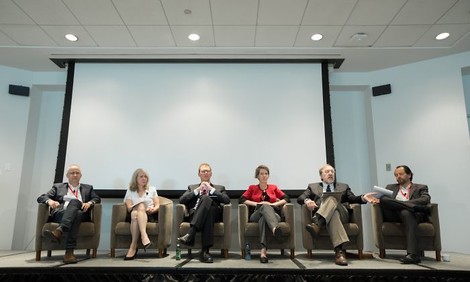Your podcast discovery platform
Curious minds select the most fascinating podcasts from around the world. Discover hand-piqd audio recommendations on your favorite topics.

piqer for: Boom and bust Global finds
German economist with a sense of humor, not just relative to accountants. Chief economist at the London-based Centre for European Reform (CER), recently brexited to Berlin. Former fellow at The Economist, economics PhD at Stockholm University in Sweden. Christian covers European economics and integration and has, as a former Londoner, a pathological interest in the economics of real estate.
Do We Need "Political Antitrust" Policy?
Antitrust (or competition) policy serves the purpose of protecting consumers against the economic power of individual or a few companies. At least in a narrow definition. But we have become so used to stable democracies that we have forgotten what those who fought monopolies a century ago thought about the connection between monopolies, antitrust policy, and democracy.
In the 1930s, University of Chicago economist Henry Simons discussed the anti-democratic nature of monopoly power. “Political liberty can survive only within an effectively competitive economic system,” he wrote. “Thus, the great enemy of democracy is monopoly, in all its forms.”
The issue is crucially important as we contemplate the power of de facto monopolies like Google, Facebook and Co., and the rise in inequality. This text is a conference report that starts with an interesting historical exposition around the political dimension of antitrust, before going through the pros and cons. It is a tad long, but worth reading, given the importance of the issue at stake.
Stay up to date – with a newsletter from your channel on Boom and bust.
